What’s Life Like as a Farmer?
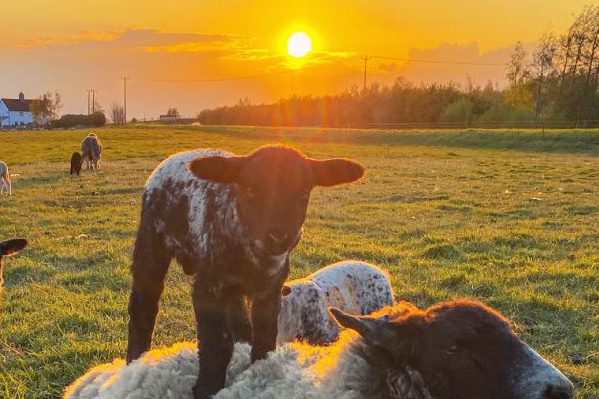
As part of our rural community blog, we sit down and speak to farmers about all things farming. In this blog we spoke with Matt Styles (@thehonestfarmer_), who is an English farmer. Matt helped us understand the farm he works on, the livestock he keeps, the animals the help him do his job and the farming tradition within this family…
Q: What kind of farm do you work on, is it just sheep or other animals too?
I run my own flock of sheep currently at 50 ewes over 100 acres whilst also doing contract work for local farmers. Basically a jack of all trades. I also have a smattering of other farm animals, chickens, ducks, geese, ferrets and 2 Oxford Sandy & Black pigs.
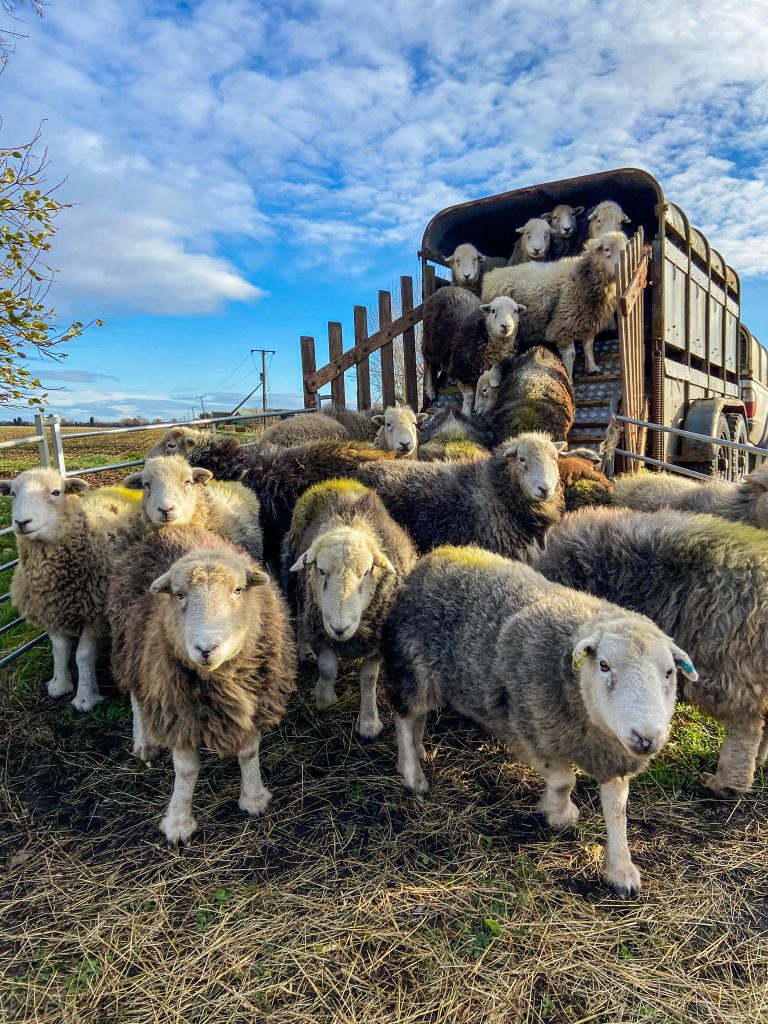
Q: Do you come from a family where farming is a major tradition? If so, for how many generations? If not, why did you decide to become a farmer?
I’m the 4th generation of my family to farm, my great grandfather started it in the early 1900’s then my grandfather took over in the 1930’s, sadly he passed away before I was born but he’s had a great impression on my life, then my dad and his brother took over (separately) splitting the land and buildings in two. Unfortunately because of some complicated personal reasons I made the decision not to farm with my father, instead I’ve gone out into the world to make my mark, starting my farming business up from scratch alongside my wife we’ve built everything we have up from nothing, no money borrowed either, all just hard work and determination.
Q: What do you feel are the challenges of farming?
The big challenges facing farming currently are rising costs, climate change, and food security. I’d say the latter two are linked, I believe we need to build more resilient integrated diverse farming systems in order to feed an ever growing world population, the days of industrialised monoculture agriculture are not something I wish to see continue for my lifetime.
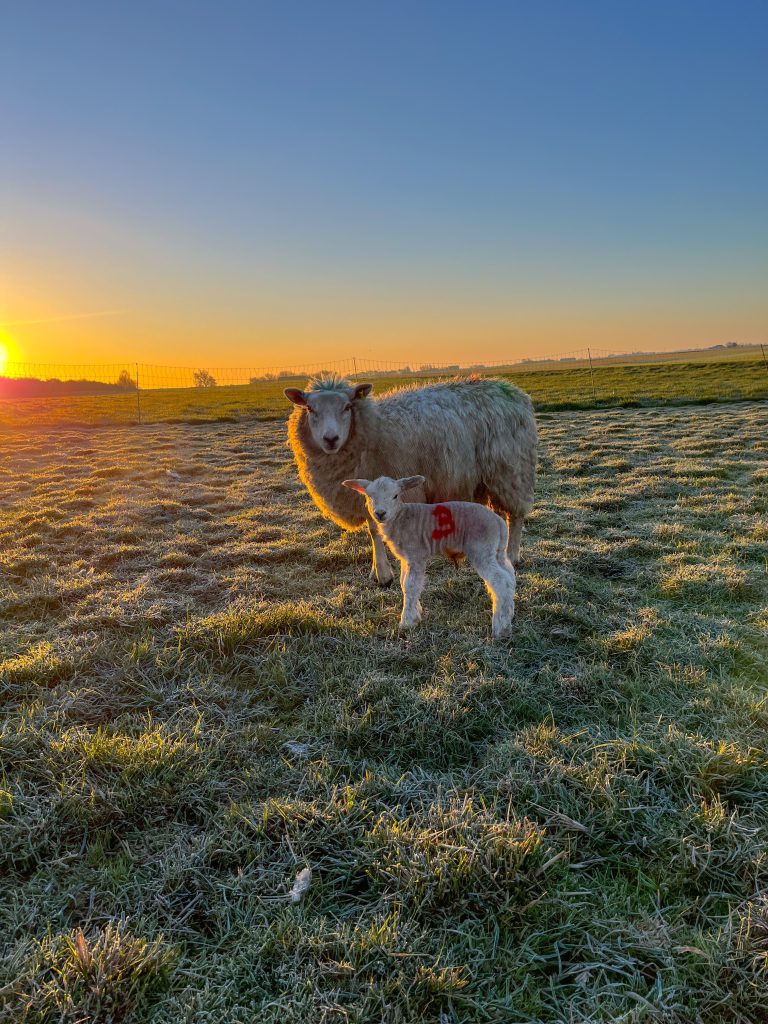
Q: What are your plans for your livestock for the future?
To keep expanding and improving the genetics of our breeding flock, also to implement a flying flock service to arable farmers in the area who want sheep back in their rotations, by providing sheep on tack as like a service I can offer to them I’m hoping this will allow me to take more time away from the contract work and allow me to focus on the sheep.
Q: Can you sum up your life in agriculture, reflecting on the journey you have undertaken to date?
Never stop learning. When I left ag college at 19 having spent my childhood on the farm, I thought I knew it all. What I’ve learnt more than anything is that you will never know everything. There’s always something new and it pays to keep innovating, keep coming up with new ideas, the only way to progress is through change. I never want to become stagnant.
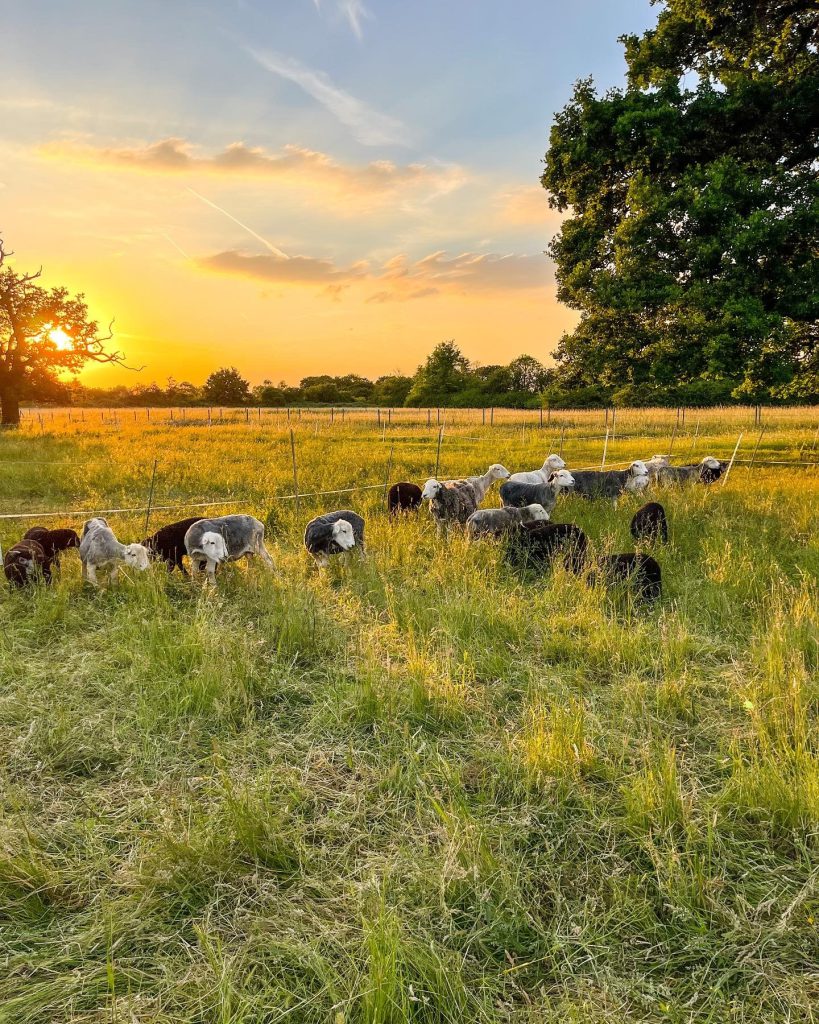
Q: How did you train to become a farmer?
I tried my hand at college but it wasn’t really for me, I’ve learnt a lot just by doing the job but I have put myself through a lot of training courses to improve my skills.
Q: Do you use a sheepdog? What’s his or her name and how long have you had them?
I couldn’t be without my sheepdog, I’ve got an old boy Ben who I’ve had a year now and he’s an old hand at the job, he’s taught me a lot about sheepdog handling. I’m planning to bring my young dog Shep on into more fulltime work this winter.
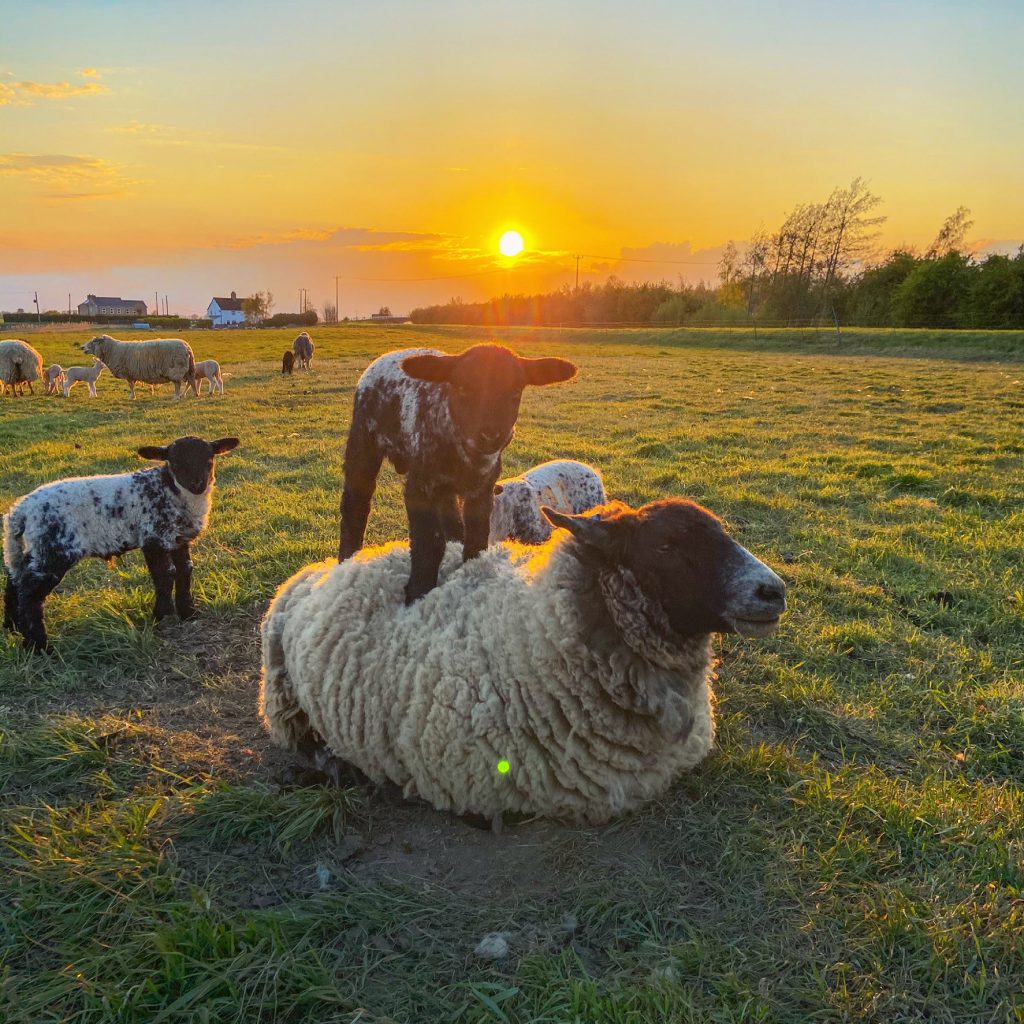
Q: Can you describe a typical working day?
Varied, I start each morning off by sorting the poultry, feeding the pigs and walking the dogs then from there I often never know quite where my day will take me. Its worth learning to be adaptable to any situation.
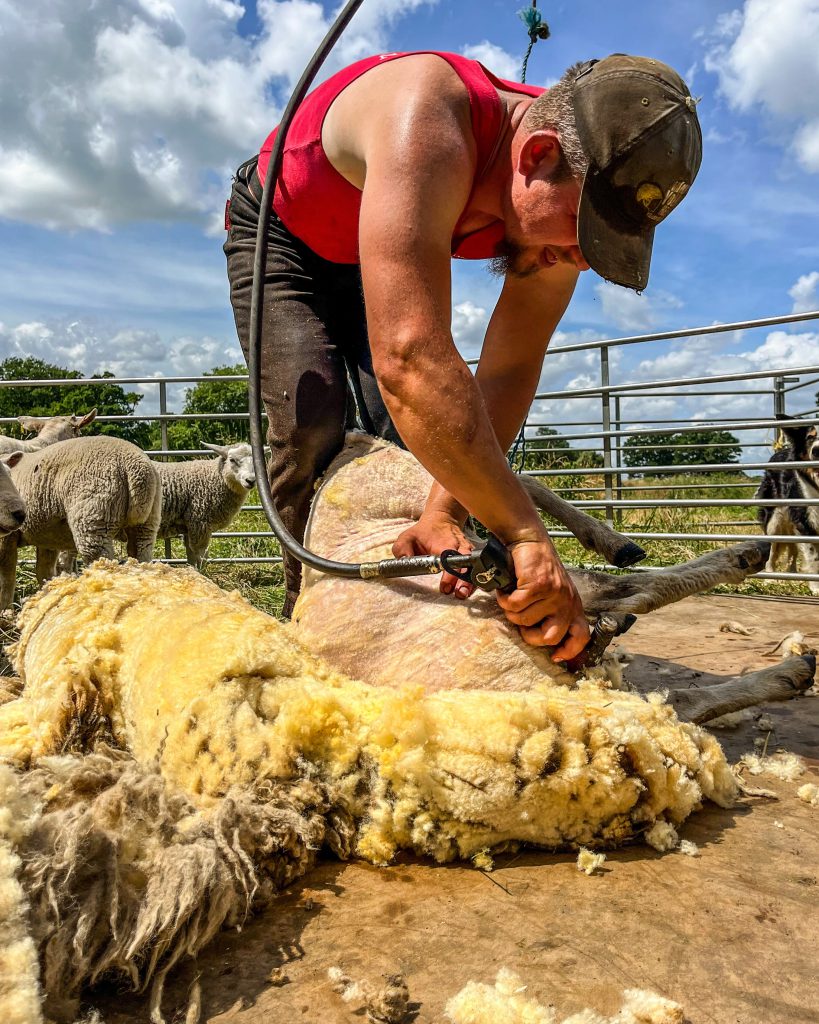
Q: What would you say to other people thinking of becoming a farmer/getting into farming?
Find a mentor, someone you can turn to for advice should you need it. Its been invaluable to help me progress my career.







